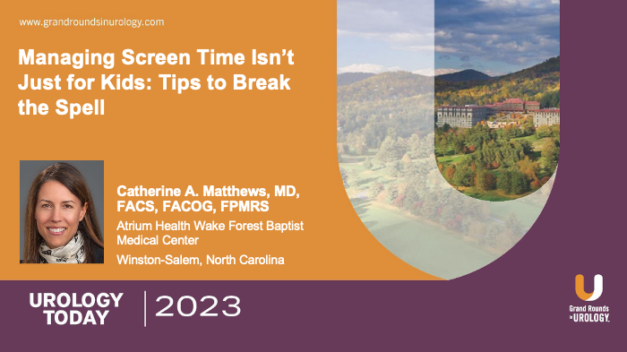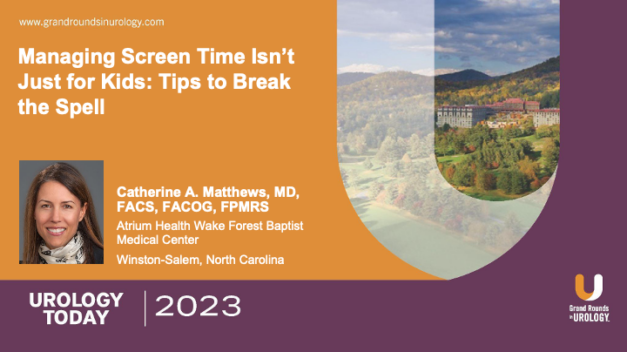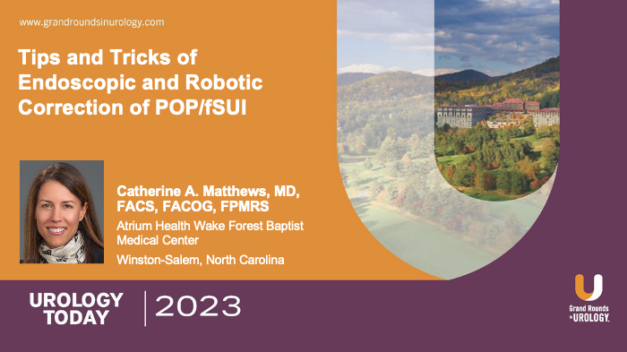Managing Screen Time Isn’t Just for Kids: Tips to Break the Spell
Catherine A. Matthews, MD, FACS, FACOG, FPMRS, addresses the pressing issue of excessive screen time, emphasizing its impact on adults as well as children. She discusses the physical and psychological consequences of prolonged screen use, including eye strain, disrupted sleep patterns, decreased physical activity, and increased stress and anxiety. Dr. Matthews also discusses the psychological impact of screen time, noting that excessive use is linked to higher levels of stress, anxiety, and depression.
Dr. Matthews concludes by drawing clear parallels between addiction and screen time in children and adults. She provides practical tips for reducing screen time and increasing interpersonal interaction.
Read More


